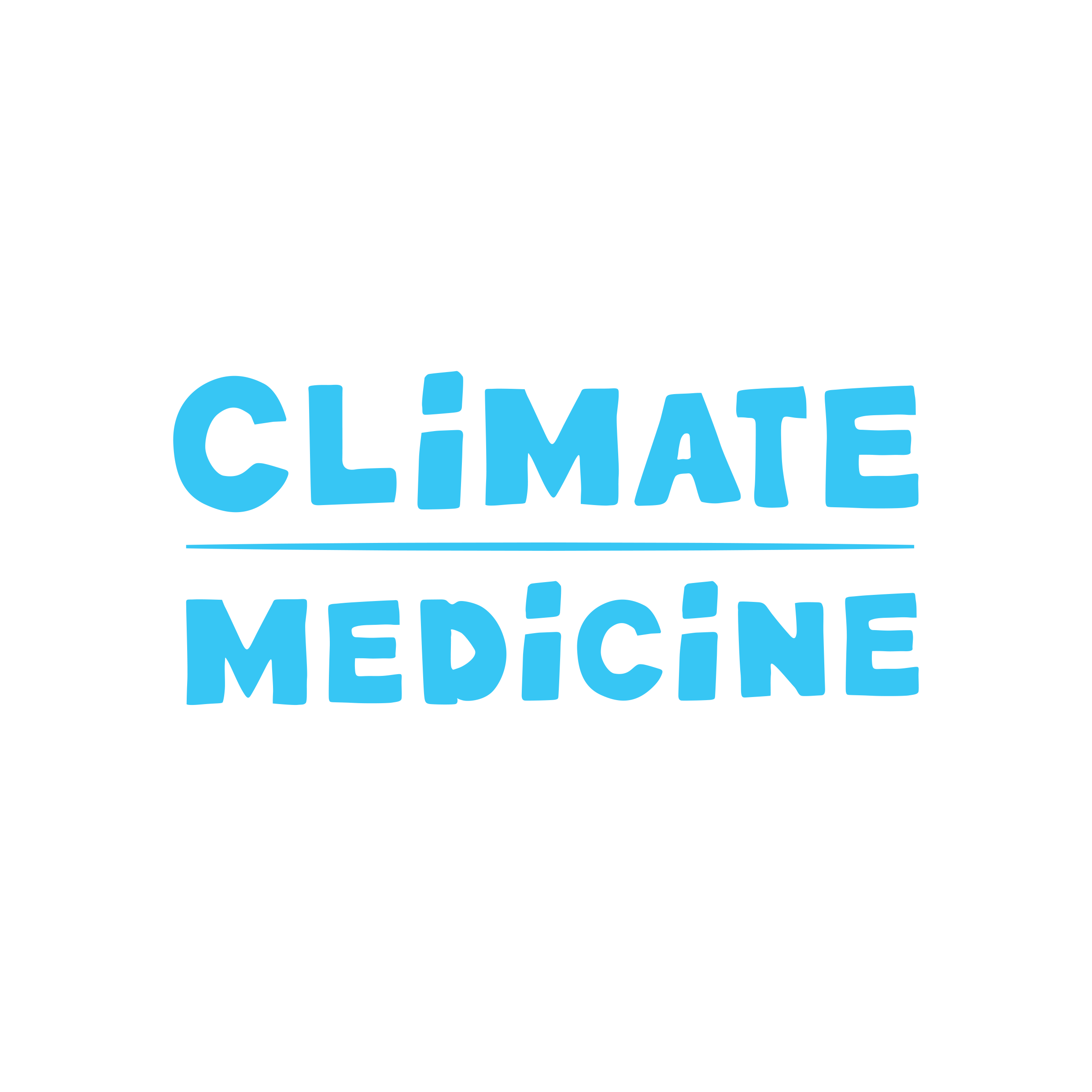THE IPCC 1.5℃ REPORT
The hotter it gets, the worse things are.
195 countries are signatories to the Paris Agreement of 2016, a global pact whereby nations agreed to work to limit global warming to less than 2℃ and as close to 1.5℃ as possible. The Intergovernmental Panel on Climate Change (IPCC) was commissioned at that time to produce a report regarding the different effects of 1.5 versus 2 degrees of warming. They released the IPCC 1.5 report in 2018 demonstrating the differences. Put simply, the greater the warming, the greater the effects and the worse things are for human health. We are currently warmed by about 1 degree and we are seeing terrifying consequences now, with catastrophic fires and extreme flooding, the decimation of the coral reefs and melting of sea ice.
Current projections show we are on track for 3.2 degrees warming by 2100.
To have only a 50% chance of limiting global warming to 1.5℃, we must halve global emissions by 2030 and reach zero emissions by 2050.
To do this we need to reduce fossil fuel production by 7.6% every year for the next decade. This is a massive undertaking requiring all levels of government, all industries and all individuals to act now to reduce our carbon footprint and save our world.
TEMPERATURE OVERSHOOT: Unfortunately, emissions reductions do not translate to an immediate drop in temperature. The greenhouse gases in our atmosphere persist for varying lengths of time and are subject to complex processes to be broken down. Even though we must reduce emissions now, there is a lag time of some decades before this change will be reflected by a drop in global temperature.
ReFERENCES
https://www.epa.gov/ghgemissions/overview-greenhouse-gases
https://treaties.un.org/pages/ViewDetails.aspx?src=TREATY&mtdsg_no=XXVII-7-d&chapter=27&lang=en


